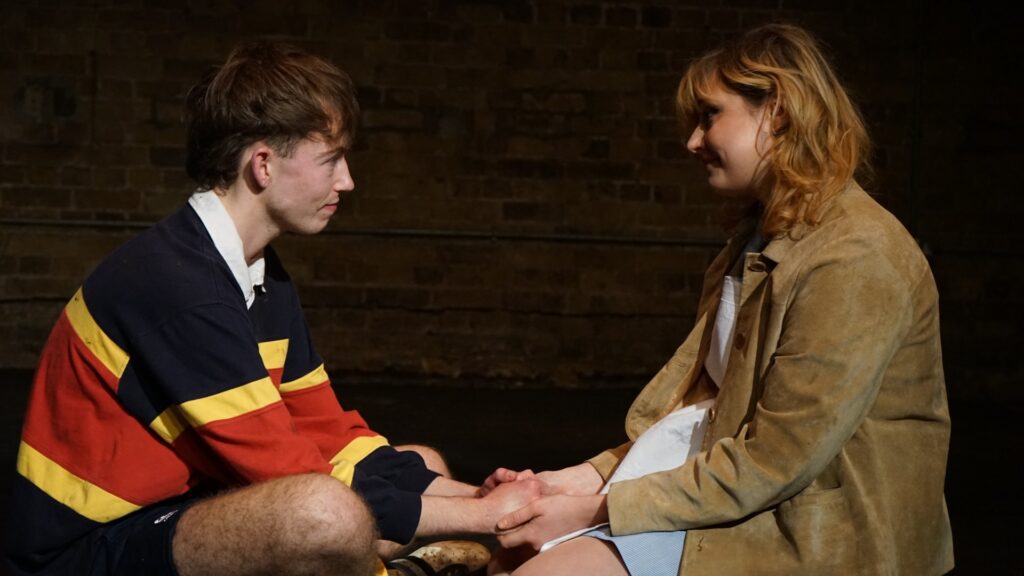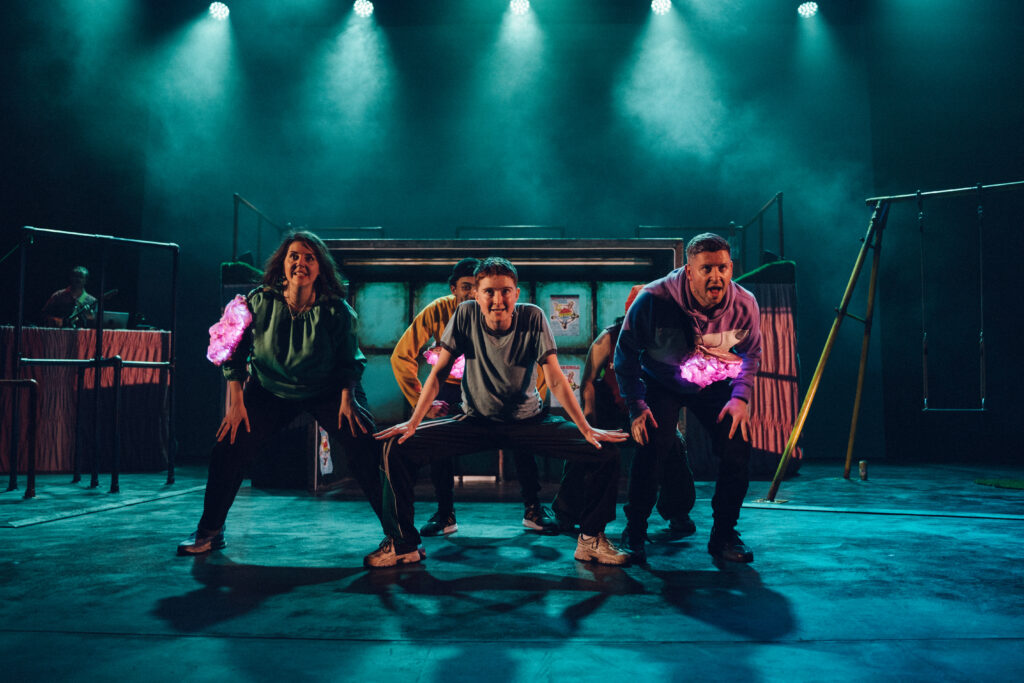Katie Harris talks to a Tyneside native about writing in Welsh and getting his own back on the Welsh Arts Council
Tony Bianchi, 61, is a self-confessed pessimist. His latest novel, Ras Olaf Harri Selwyn, was shortlisted for the 2013 Wales Book of the Year Award. “I think they made a mistake,” he says, his accent an odd blend of Welsh and Geordie. “Or perhaps they’re just being kind.”
The Cardiff-based Bianchi is casually dressed in jeans and a T-shirt. He leans back on his chair, arms folded across his chest. But talking about his latest novel animates him and he gestures enthusiastically as he explains what it’s about.
| Tomorrow: we feature Sol, one of Tony Bianchi’s short stories – a piece of ‘flash fiction’ in response to a painting by Welsh artist Derek Bainton |
“It’s about the atrocities committed in Kenya and the end of the days of Empire,” he explains. “Harri Selwyn [the main character] is caught up in it in a minor way – it’s about moral complicity over time. And he attempts to airbrush it out, just like the British government.”
Like the majority of his other books, it is written in Welsh – but Bianchi is not a native Welsh speaker. He grew up in Tyneside and moved to Lampeter when he was 17, where he began learning Welsh in his first week. “I fell in love with Welsh like you fall in love with a piece of music,” he recalls. “It was quite a sensation.”
Bianchi is convinced that writing in a second language has made him a better writer. “Learning a language is a bit like wearing a mask,” he muses. “When you’re learning another language you have to behave like you’re another person. In your first language, it’s easy to get immersed in your own interior world; but writing in Welsh, it’s easier to project your concerns onto a different canvas.”
Writing, however, has not been a lifelong love affair for Bianchi and it was only seven or eight years ago that he put pen to paper in earnest. “I was a bureaucrat for longer than I care to remember but I was working for the Arts Council so I was always amongst writers,” he says. “I thought I’d have a go – I wanted to write a satirical work on the bureaucratic horror that the Arts Council had become – so that was the motivation, personal experience.”
The result of Bianchi’s desire to “have a go” was his first book, Esgyrn Bach, which he enjoyed writing because it enabled him to get his own back on the Arts Council and its frustrating audit culture at the time. This was followed by four other Welsh books and two English books – one a translation of his second novel, Pryfeta, and the other a novel in its own right. He has also tried his hand at writing poetry in strict Welsh metre, which he eventually gave up after it started keeping him awake at night.
But does the prospect of narrowing his audience to the Welsh-speaking world worry him? Not at all – the original Welsh version of Pryfeta sold more copies than its English translation, Daniel’s Beetles. “There’s more competition in English whereas in Welsh you can reach your audience more easily,” he explains. “There’s also language-based loyalty – you know where your readers are.”
However, Bianchi points out that his books don’t belong to any longstanding tradition in Wales and he wouldn’t call them popular with the traditional Welsh readership. “Wales has produced all sorts of idealisations of itself but I don’t see that as my business,” he says. As an Englishman and outsider, he has nonetheless found Welsh speakers to be accepting and affirming of his work. “Although you never know what they say behind closed doors,” he adds with a shrug.
Bianchi’s books have got a lot to do with crossing boundaries and the meaning of being home and away. After thinking for a moment, he tentatively sums up the topics he writes about as angst, guilt, regret and absurdity. “They probably sound more solemn than they are, though,” he laughs. “There’s a lot of humour in them, too.”
Although his desire to write has become a compulsion, Bianchi admits that the everyday task of churning out words and ideas has no particular order. “I’m fairly disorganised and shambolic,” he admits. “I tend to plan things scrupulously then throw the plan away and ignore it and follow my nose instead.”
Someday he would love to write an expansive, historical work that would cater for readers in his native Tyneside, but – in between looking after his six grandchildren – he is currently keeping himself busy by translating Ras Olaf Harri Selwyn into English.






Sae, whi desne Tony Bianchi see if he canne rite e beuk in Noarthimbrish Inglish?
“Learning a language is a bit like wearing a mask. When you’re learning another language you have to behave like you’re another person. In your first language, it’s easy to get immersed in your own interior world; but writing in Welsh, it’s easier to project your concerns onto a different canvas.”
So true, so true. At least in my experience.
Tony Bianchi’s novels are an extremely valuable addition to the narrative voices of Welsh-language literature. If nothing else they are simply refreshingly different, and may I say, English. Long may he continue.
Let us hope too, that he has the time and energy to capture the unique voice and experience of Tyneside.